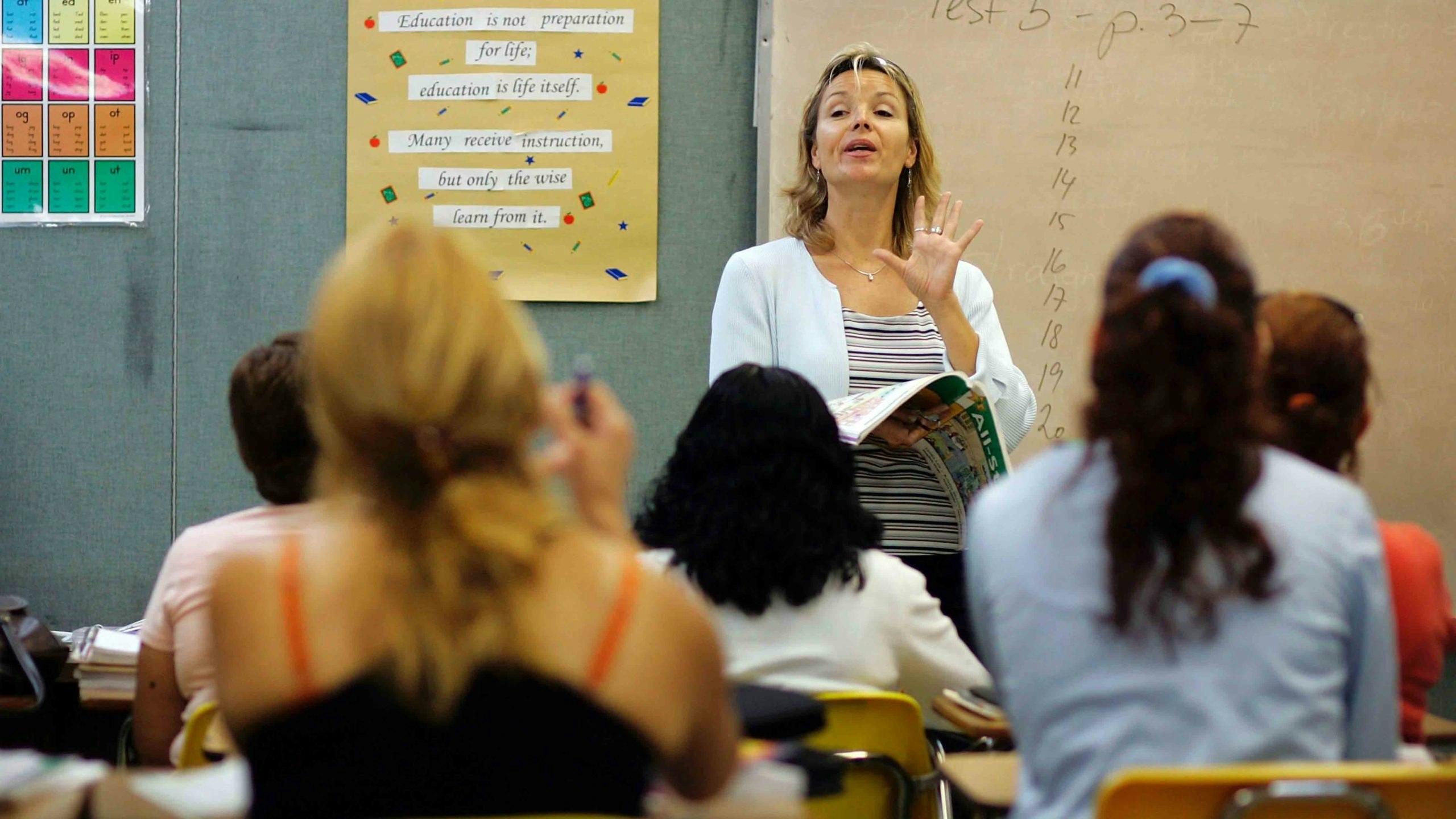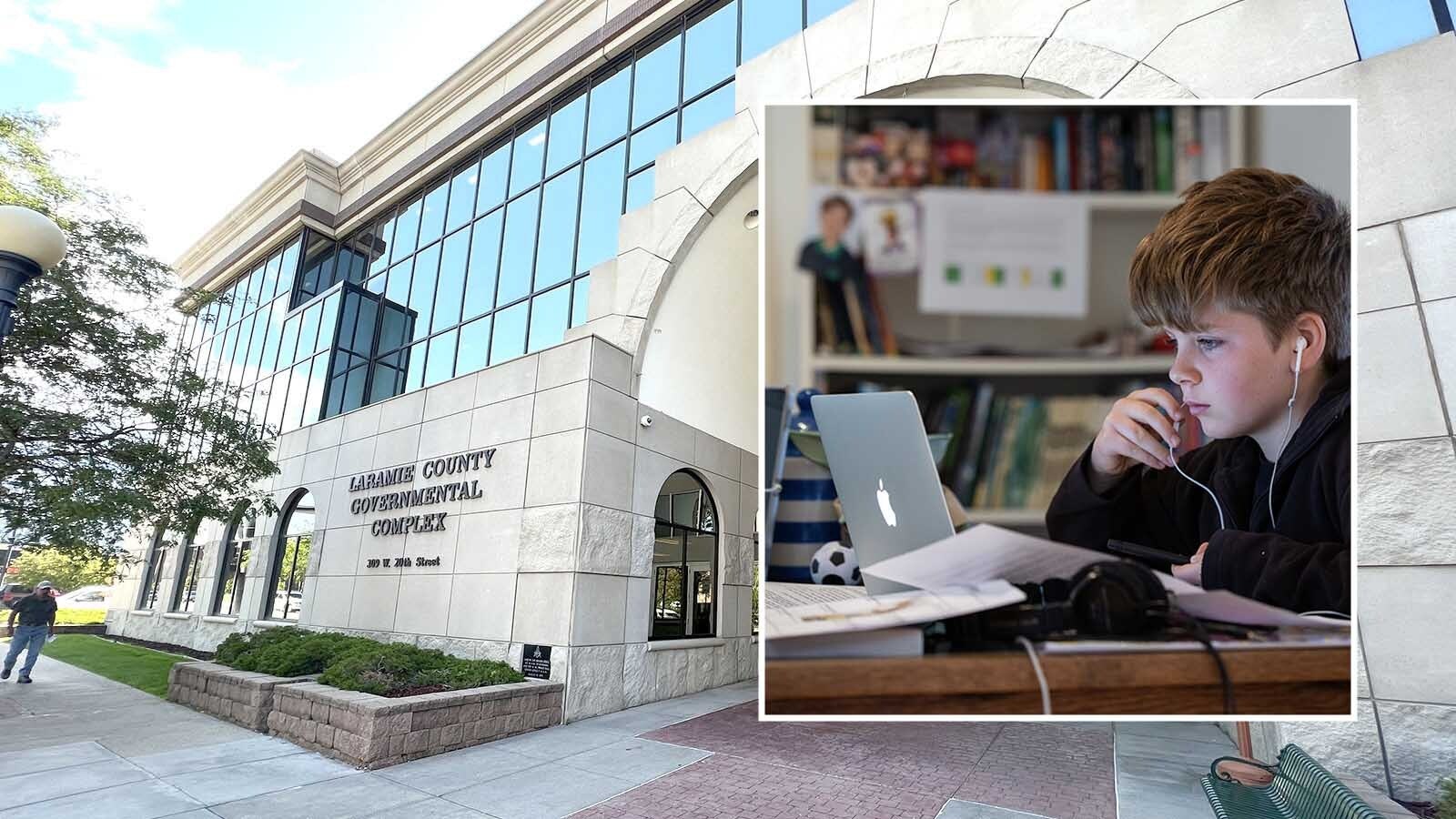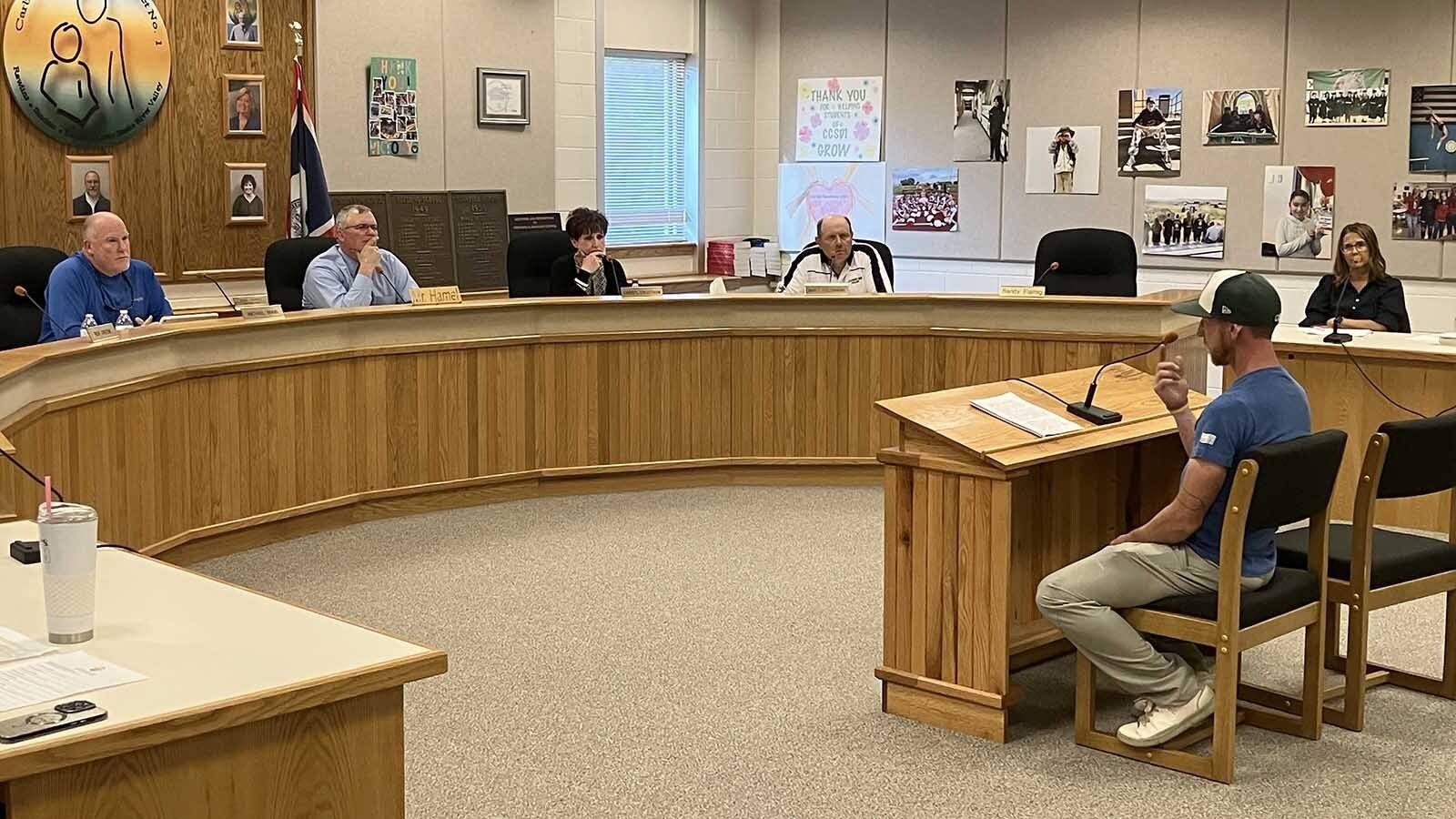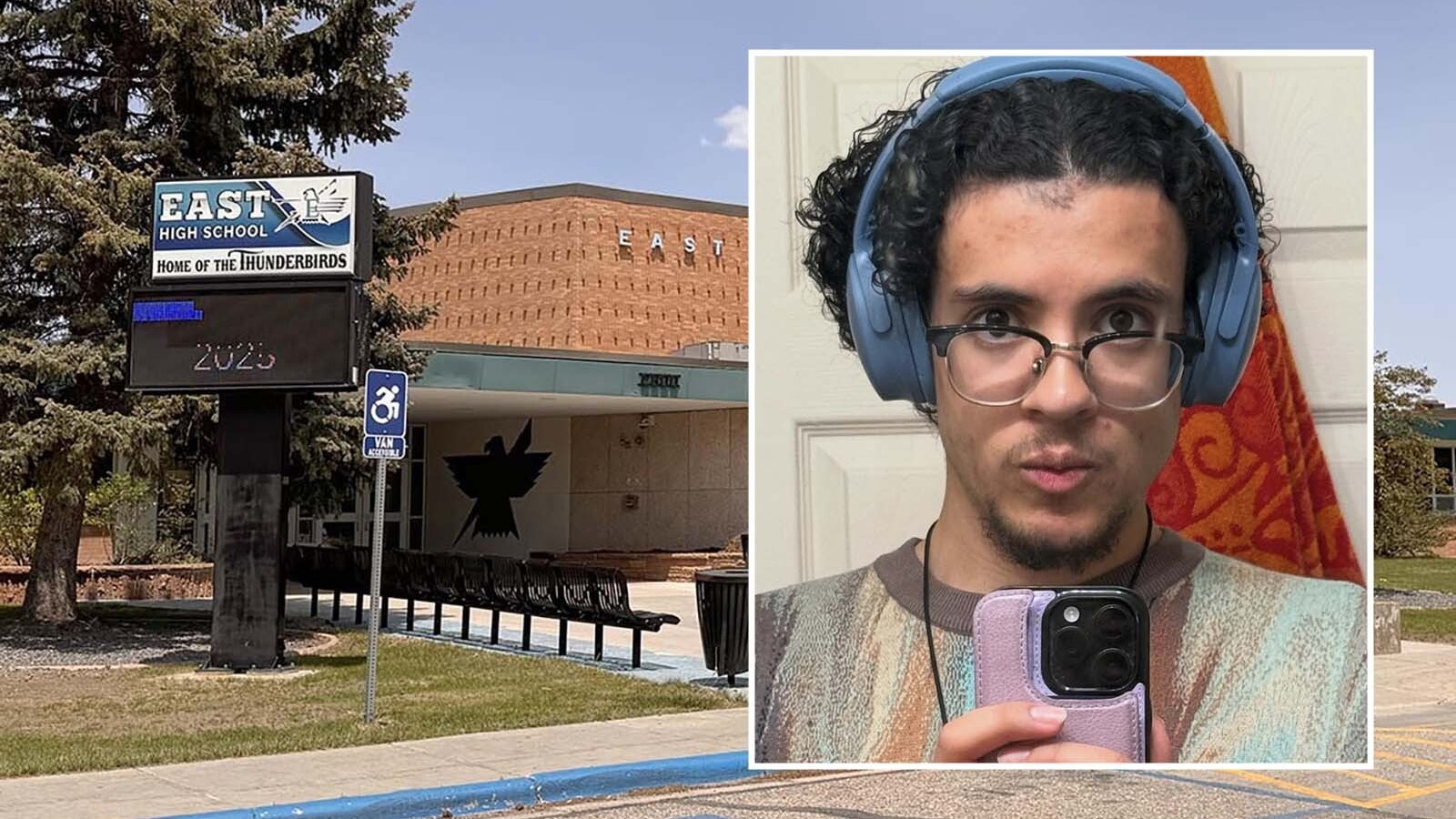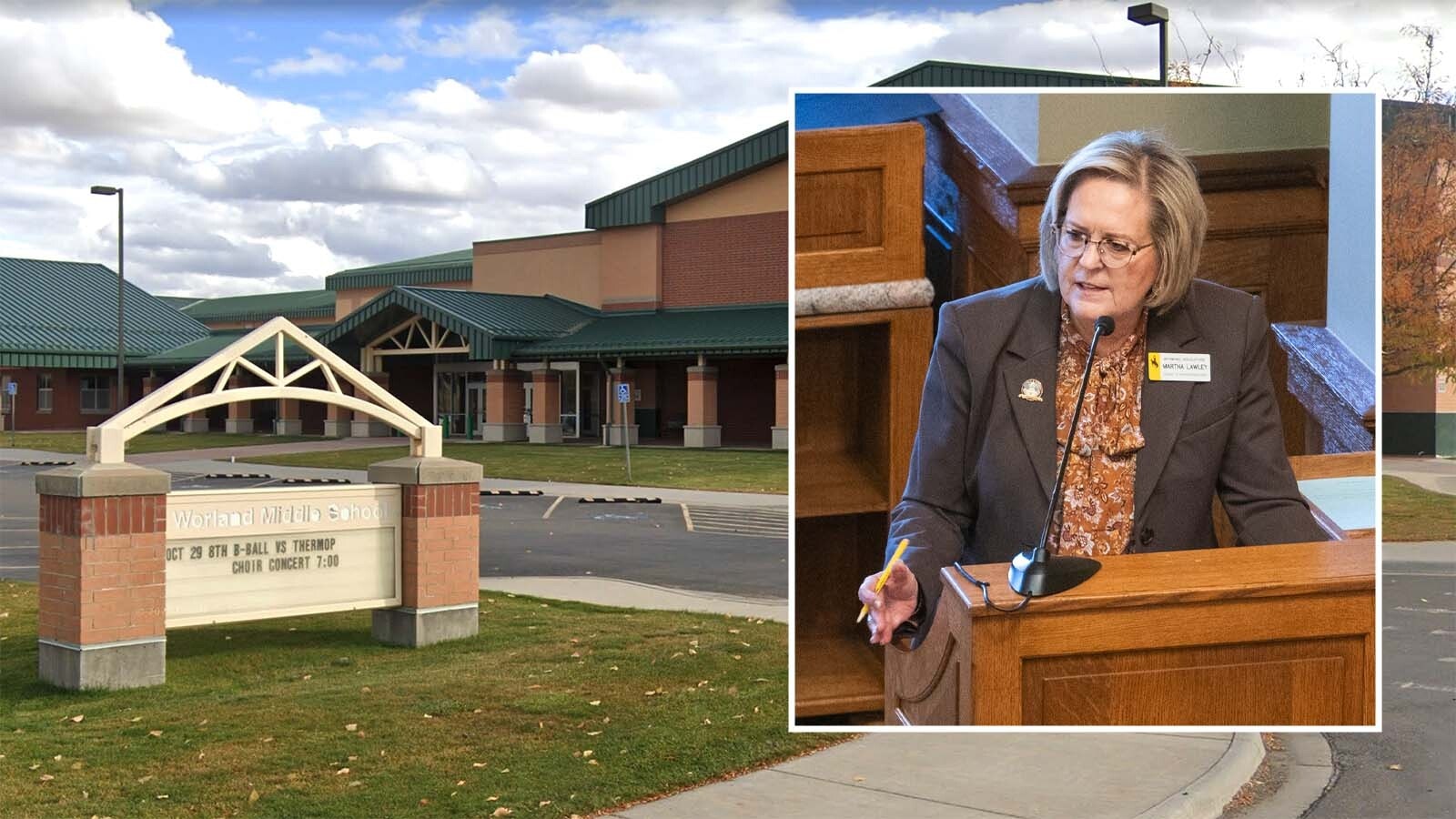Lawmakers are requesting a $70 million annual increase to Wyoming’s public school funding to adjust for inflation, after hearing that teachers may be harder to keep and attract to the state.
The request, made Monday after a vote of the Legislature’s Joint Education Committee, is to be approved or denied by the Joint Appropriations Committee at a future meeting.
Dr. Christiana Stoddard, education analyst for the Wyoming Legislature, discussed with the Joint Education Committee on Monday during its Casper meeting factors that could make teachers harder to retain or recruit, unless they receive pay raises.
K-12 funding is given in block grants, meaning each school district in Wyoming gets a lump sum of money according to its needs, and the district gets to choose how to spend the money.
Stoddard said Wyoming is still ahead of other Western states for teacher wages, but the gap is shrinking each year.
Teachers’ per-week wages have fallen from 96% of what other college-educated professionals in Wyoming make to 87% currently, said Stoddard. She expects the gap to grow as salaries in other professions rise with inflation.
‘Pipeline Issues’
Stoddard called anticipated shortages in new teachers in Wyoming a “pipeline issue.” She reported that the University of Wyoming in recent years has produced fewer graduates with bachelor’s degrees in education than before 2016.
Compared to other surrounding states, not as many of Wyoming’s education-program graduates are taking the state’s teacher certification test. And roughly 80% of teacher candidates who have taken the test in the past seven years have passed, compared to pass rates of between 90% and 100% in surrounding states.
The nation as a whole is producing teachers at a slower rate than Wyoming is, however, said Stoddard.
Stoddard encouraged the committee to consider teacher-certification programs by which people working as paraprofessionals could learn the skill and become teacher certified in small, rural school districts without having to go to a university.
Committee Co-Chair Sen. Charlie Scott, R-Casper, asked Stoddard what the quality of teaching might be after such a program; Stoddard said she was unsure. She said programs like those have worked well to alleviate teacher shortages in extremely rural areas in other states.
Three Suggestions
Besides suggesting lawmakers consider “ground-up” training programs for new teachers, Stoddard’s other recommendations for the state were to track teacher vacancies and figure out why Wyoming is testing and passing fewer education-program graduates for certification.
Oil, Money
Scott said that revenues for Wyoming, which are about $150 million higher than anticipated for the prior fiscal year, are encouraging. He also predicted that if Wyoming could advance its carbon capture project on the Dave Johnson Power Plant and use the carbon on state-owned oil fields, immediate revenues also may be encouraging.
“I don’t think we’re looking at an immediate crisis on funding for education,” he said.
Uncertainties
But when House Majority Floor Leader Rep. Albert Sommers, R-Pinedale, made a motion to increase K-12 funding by $70 million a year to catch schools up to inflation, Scott said the amount was too high.
Scott cited defects in the testimonies given by education advocates throughout the day.
That morning, education advocates had delivered survey results that were given voluntarily and by educators who were part of the Wyoming Education Association. Scott said those limits in the results were a “biasing” factor.
He said a recent increase in federal funds for COVID-19 relief and stimulus packages also should be better understood before a vote to increase funding, and he said there are changes to the school system as a whole that the Legislature should consider to save money before voting to increase funds.
Scott also said he was having a hard time keeping up with inflation-exacerbating tactics from the federal government and believed the committee would have a better understanding of Wyoming’s economic situation in January when the next legislative session begins.
He said he could vote “aye” on Sommers’ motion if it had been for $35 million instead of $70 million.
House Minority Floor Leader Rep. Cathy Connolly, D-Laramie, countered, saying she wishes Sommers’ motion had been for $90 million to catch schools up to inflationary demands and improve their funding beyond that.
“I don’t think it’s enough,” said Connolly. “We’ve heard over and over again that the federal money came in for COVID and is for COVID-specific recovery purposes and it’s … not a slush fund.”
The Vote
Sommers’ motion also didn’t separate the three different categories in education needs: energy costs, supplies, and personnel.
Rep. Chip Neiman, R-Hulett, who voted against the increase, said he would have voted yes if these categories had been separated out to let the committee increase energy funding while holding off on personnel funding increases.
Those voting “aye” on the $70 million increase include Sommers; Connelly; Rep. Steve Harshman, R-Casper (proxy vote); Rep. Landon Brown, R-Cheyenne; Rep. Sandy Newsome, R-Cody; Rep. Jerry Obermueller, R-Casper; and committee co-chair Rep. Jerry Paxton, R-Encampment.
Those voting “nay” were Scott, Neiman; Rep. Ocean Andrew, R-Laramie; Sen. Tim Salazar, R-Riverton; and Sen. Affie Ellis, R-Cheyenne.

